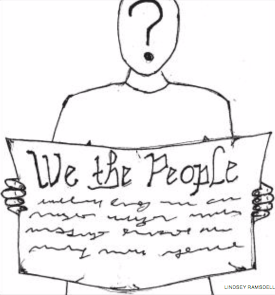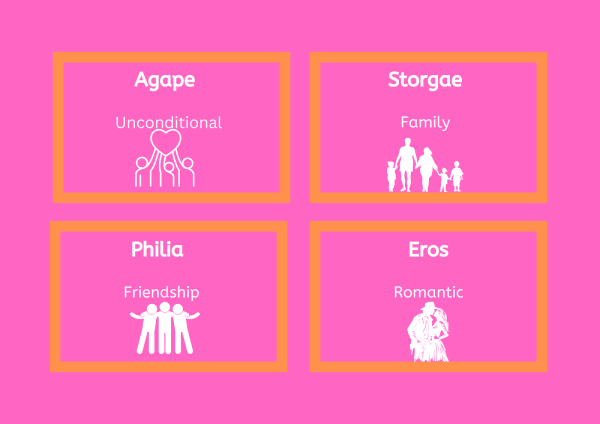Our Editorial: Proof-reading the Constitution

January 26, 2017
In Grosse Pointe Public Schools, children are taught to read in kindergarten, and there are programs for struggling students. Literacy is considered such a fundamental skill that it is instilled in children from a young age. For us, it is something we are taught, and don’t have to fight for.
Unfortunately, not all districts in the United States have enough resources to ensure that each child will graduate from public schooling literate. In September, several students from the Detroit Public Schools Community District, represented by a nonprofit law firm, sued the state of Michigan on the grounds that literacy is a constitutional right which was not guaranteed to them. This brought the nuances of the constitutional rights, both explicit and inherent, into question.
The Editorial Board believes that having literacy incorporated into the constitution would help to legally bind schools to ensure that students are given an adequate education, meaning that students should be at a middle school reading level by graduation from high school.
Literacy is necessary to be an active and competent citizen of the United States and the world. If you are illiterate, you can’t read newspapers or books. This makes it hard to thoughtfully participate in decision making for our country, like voting, which is our duty as citizens. Reading the ballot alone would be near impossible.
Illiteracy doesn’t only pose problems in optional civil participation, it also becomes a safety hazard. Street signs, medicine labels, instruction manuals and caution warnings are rendered useless in the eyes of someone who can’t interpret them. Literacy goes further than being able to read a newspaper, it is crucial to carrying out daily tasks.
It’s outrageous that some students our age struggle with a skill that we consider so basic that an elementary school kid should be able to perform it. And it’s often not because of a lack of understanding on their end, but rather a lack of resources or teachers in the school they attend. Adding literacy as a constitutional right would ensure that each child graduates with the skills to read. This, in turn, forces the government to allocate more money towards public education. Seeing that basic literacy still remains an obstacle in some districts of the United States, more funding would be beneficial.
Research on literacy in the U.S. is hard to measure and inconsistent. But, all studies can agree on one thing: the U.S. could do a lot better in teaching its citizens to read. According to a study conducted by Central Connecticut State University, the United States ranks seventh in highest literacy rates in the world, others have it ranked lower. Finland, Greenland, Norway and several other Scandinavian countries lead the rankings with virtually 100 percent literacy.
What do these countries all have in common? A high percentage, when compared to other countries, of their GDP is allocated towards public education. In the United States, 4.9 percent of our GDP is put towards education, according to the CIA World Factbook, bringing us in at 63rd in the world.
For a country that has the highest GDP and one of the most technologically advanced, there’s no reason why we shouldn’t be able to provide nearly 100 percent of citizens with literacy. Having as many people as possible be able to participate in government proceedings makes for a sound democracy, but this can only happen if people know how to read. As an advanced democracy, we should provide the necessary tools for civil participation, a key one being literacy.
We are fortunate that we have learned to read at a young age. But, people in other zip codes aren’t so lucky. Setting literacy as a constitutional right will ensure that our youth, no matter their creed, location or school, will have the opportunity to become literate through a public school. Going to college is supposed to catapult you into the middle class, but how can you even think about attending college when you can’t even read the registration documents.












